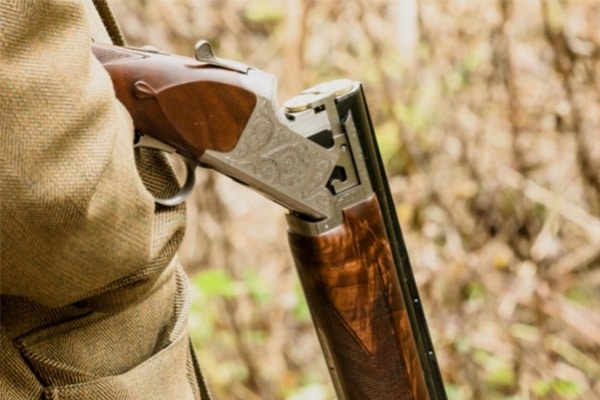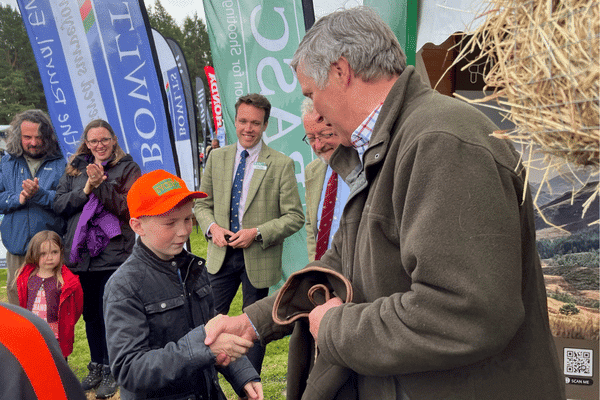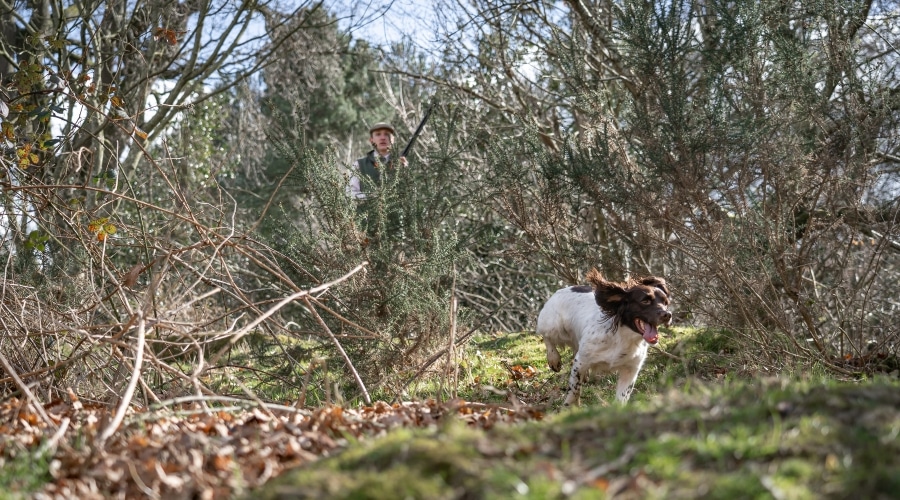
Medical issue left unanswered in Home Office firearms licensing statutory guidance
New government statutory guidance for firearms licensing published today has failed to solve the issue of GP involvement, says BASC.
Get information on the legal shooting season for mammals and birds in the UK.
Apply for funding for your project or make a donation today
Comprehensive information and advice from our specialist firearms team.
Everything you need to know about shotgun, rifle and airgun ammunition.
Find our up-to-date information, advice and links to government resources.
Everything you need to know on firearms law and licensing.
All the latest news and advice on general licences and how they affect you.

BASC has provided a parliamentary committee with the facts on firearms licensing. BASC emphasised that the current legislation protects public safety and provides excellent service to the Scottish shooting community.
Dr Colin Shedden, BASC Scotland director, provided oral evidence to the House of Commons Scottish Affairs Committee inquiry into firearms licensing regulation.
The inquiry took place following calls to review firearms licensing regulations following the recent tragedy on the Isle of Skye.
During the session, Dr Shedden, alongside Fraser Lamb of the Scottish Association of Country Sports, told MPs that the legislation around firearms licensing is both proportionate and fair.
Reiterated throughout the session was the need for all parties in the licensing process, including GPs, to have statutory obligations and that this should apply in England, Wales and Scotland.
The current five-year lifespan of certificates was raised by some organisations during the committee session, who claimed that this should be reduced to two or three years. In written evidence, BASC highlighted that the given examples of Belgium and Brazil may have shorter renewal periods, but yet have considerably higher firearms homicide rates than the UK.
Dr Shedden also addressed calls from organisations to increase firearms licensing fees, stating it would prevent a substantial number of people from legitimately participating in recreational shooting.
Shooting contributes £2bn a year to the UK economy and provides a vital income stream for a myriad of rural, retail and hospitality businesses.
Summing up, Dr Shedden said: “BASC is wholly supportive of an efficient, cost-effective, robust system of firearms licensing that protects public safety and provides excellent service to the shooting community.
Reducing the term of certificates to two or three years, as some have suggested, would place an additional and unnecessary burden on the police and serve no useful purpose.
“We feel the system and the legislation in place just now is more than adequate and sufficient for protecting the needs of public safety.”
The inquiry will now move to receiving evidence from Police Scotland, before making recommendations to be taken forward by MPs.
The oral evidence session can be watched in full here.

New government statutory guidance for firearms licensing published today has failed to solve the issue of GP involvement, says BASC.

The Junior Macnab Challenge, held at the Moy Country Fair, proved more popular than ever.

BASC is urging members to familiarise themselves with the new Hunting with Dogs (Scotland) Act 2023 when undertaking fox and rabbit control with dogs.
Sign up to our weekly newsletter and get all the latest updates straight to your inbox.
© 2025 British Association for Shooting and Conservation. Registered Office: Marford Mill, Rossett, Wrexham, LL12 0HL – Registered Society No: 28488R. BASC is a trading name of the British Association for Shooting and Conservation Limited which is authorised and regulated by the Financial Conduct Authority (FCA) under firm reference number 311937.
BASC Direct Ltd is an Introducer Appointed Representative of Agria Pet Insurance Ltd who administer the insurance and is authorised and regulated by the Financial Conduct Authority, Financial Services Register Number 496160. Agria Pet Insurance is registered and incorporated in England and Wales with registered number 04258783. Registered office: First Floor, Blue Leanie, Walton Street, Aylesbury, Buckinghamshire, HP21 7QW. Agria insurance policies are underwritten by Agria Försäkring.
If you have any questions or complaints about your BASC membership insurance cover, please email us. More information about resolving complaints can be found on the FCA website or on the EU ODR platform.